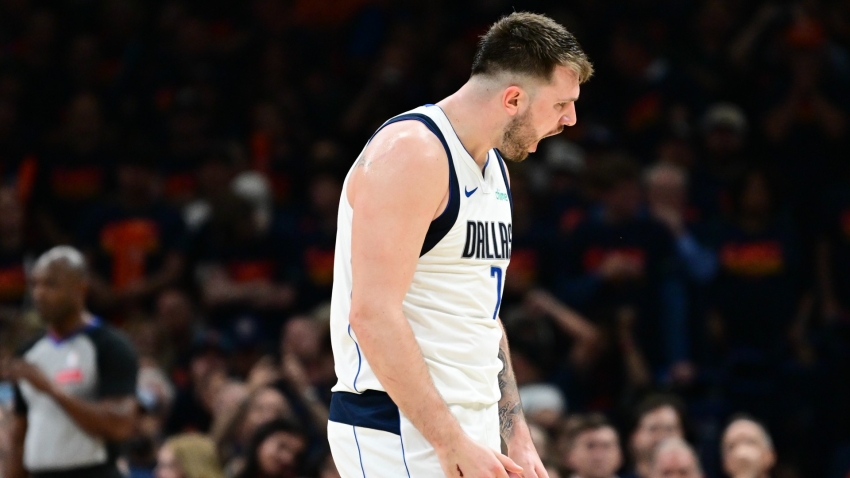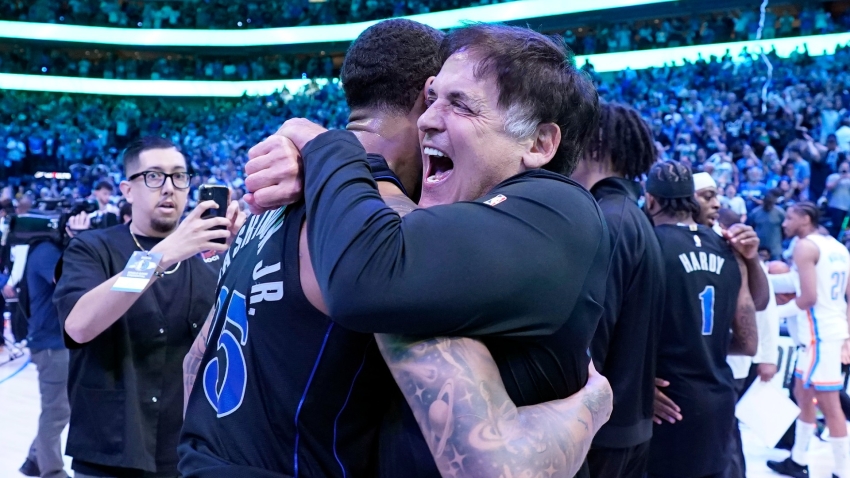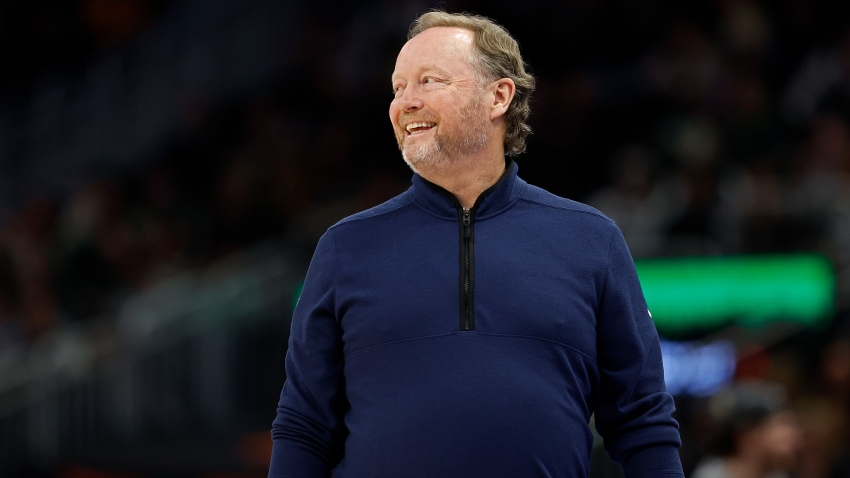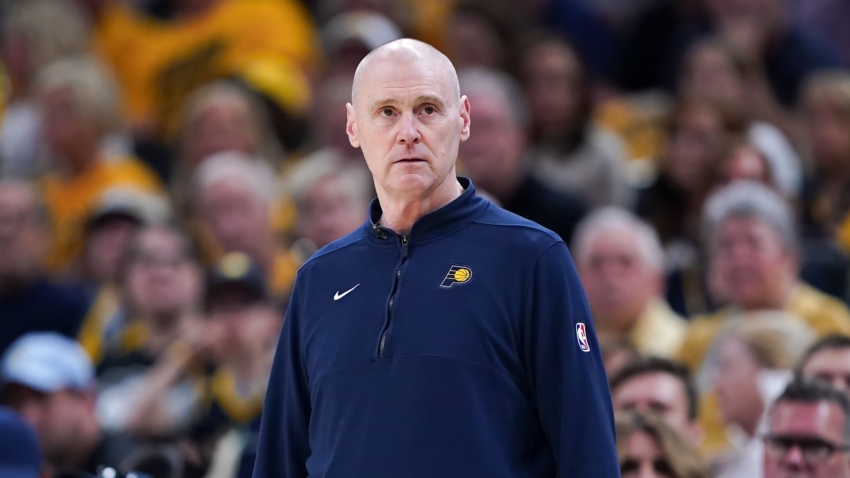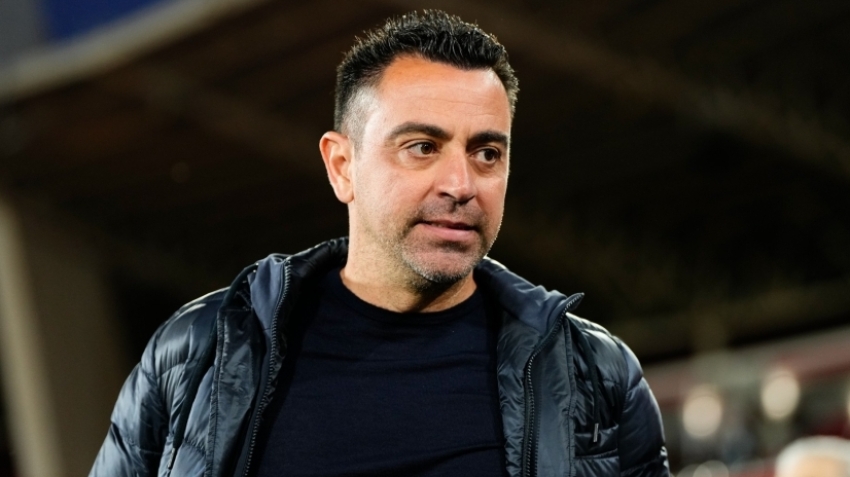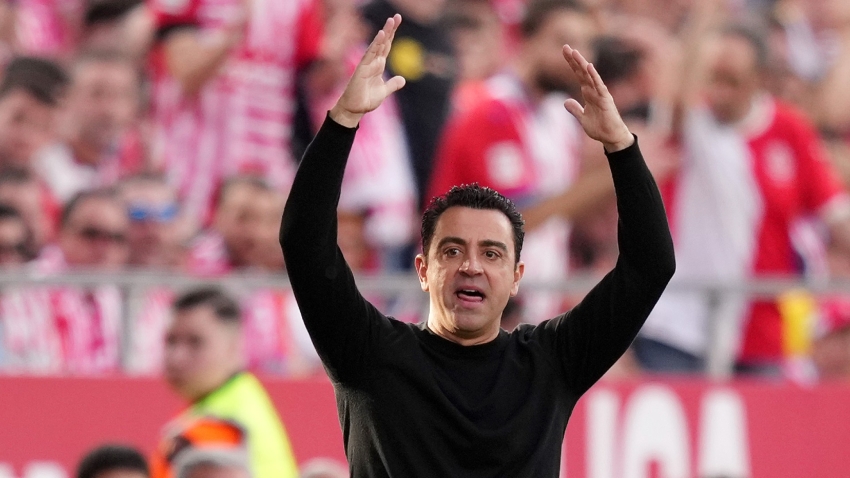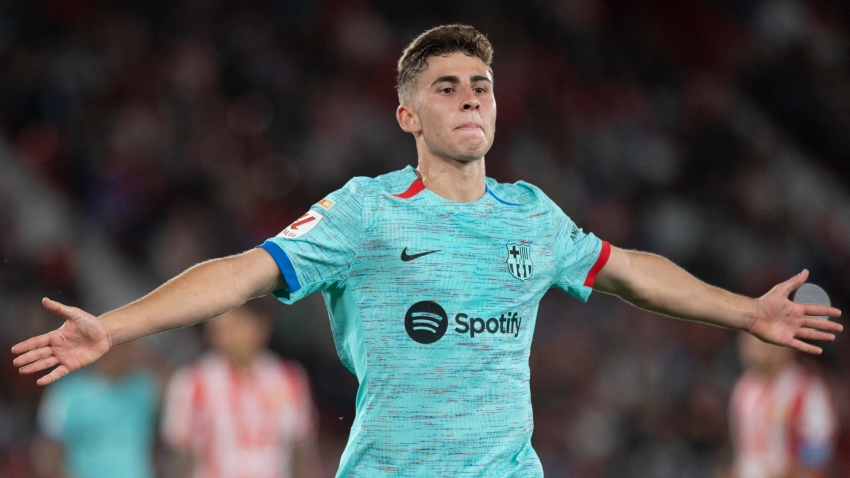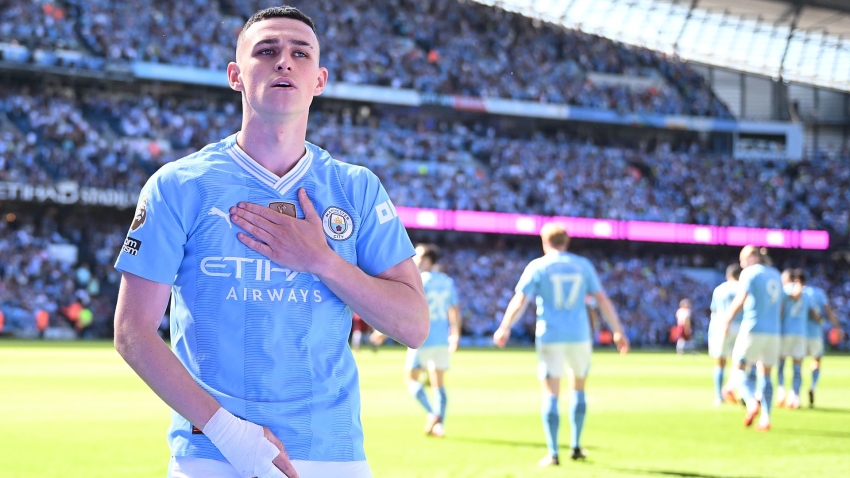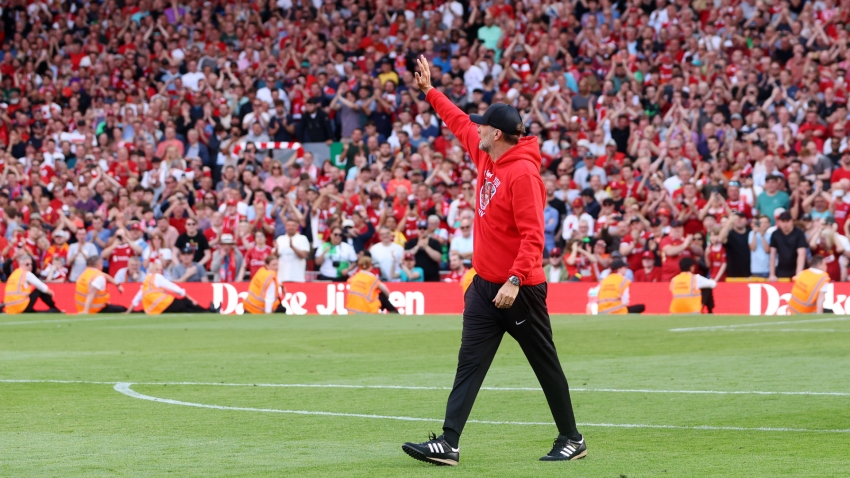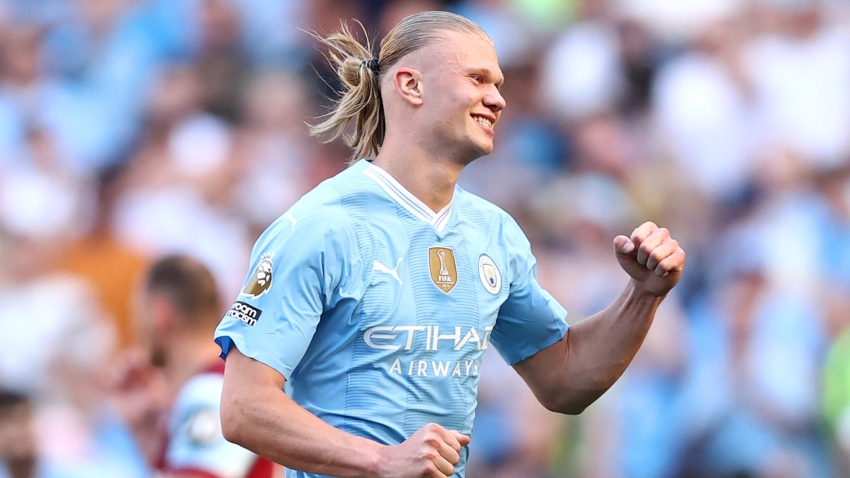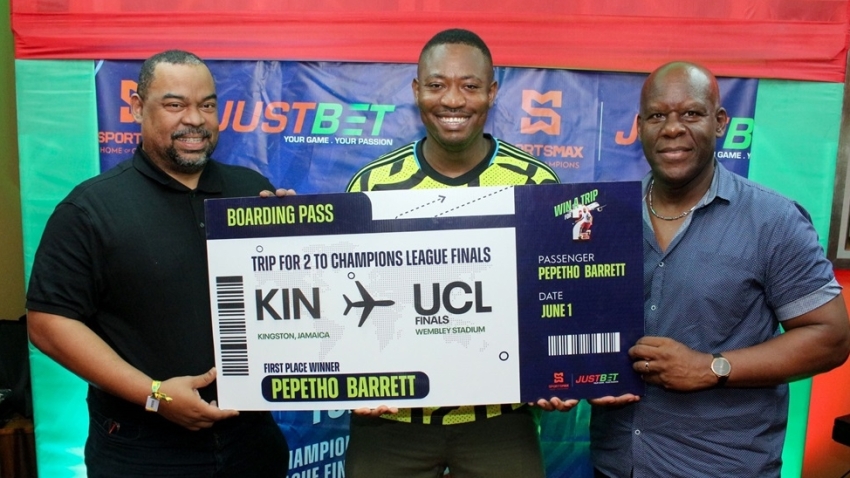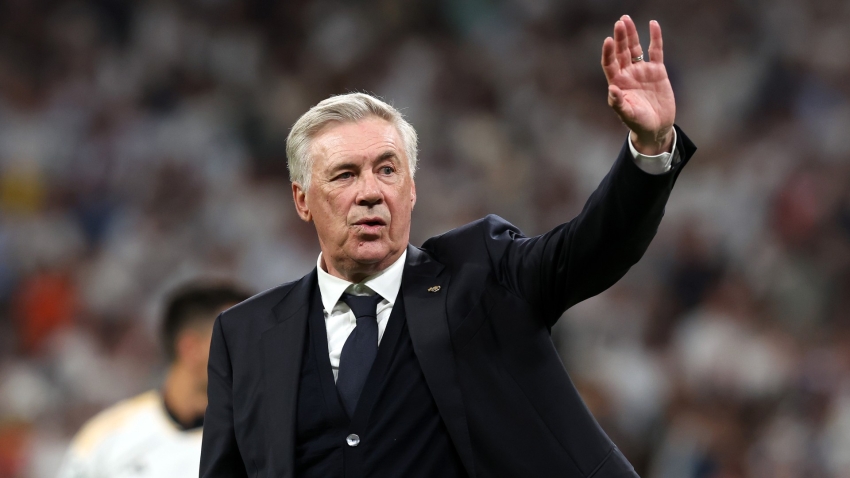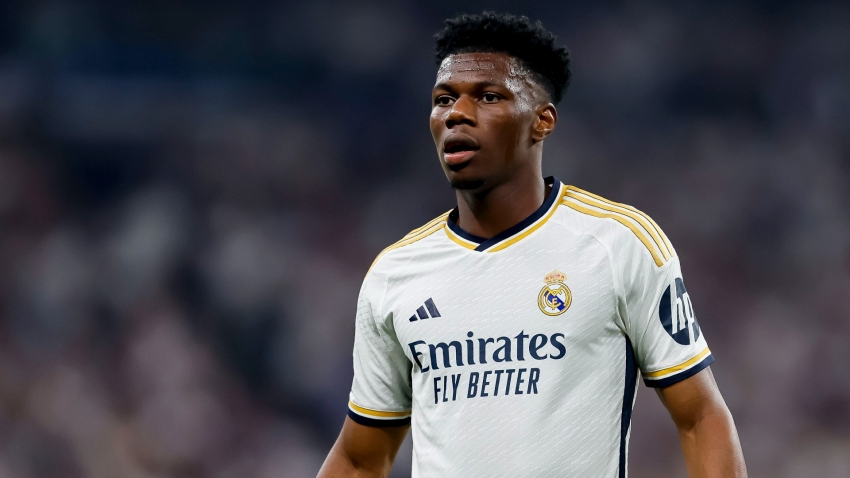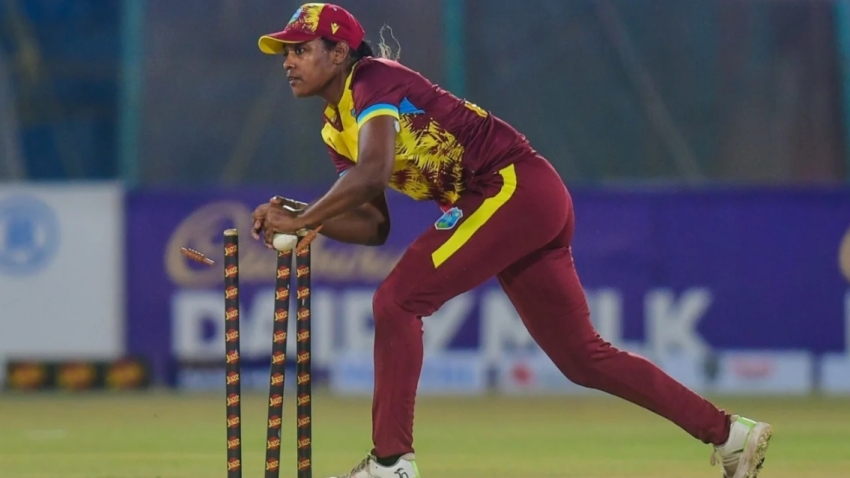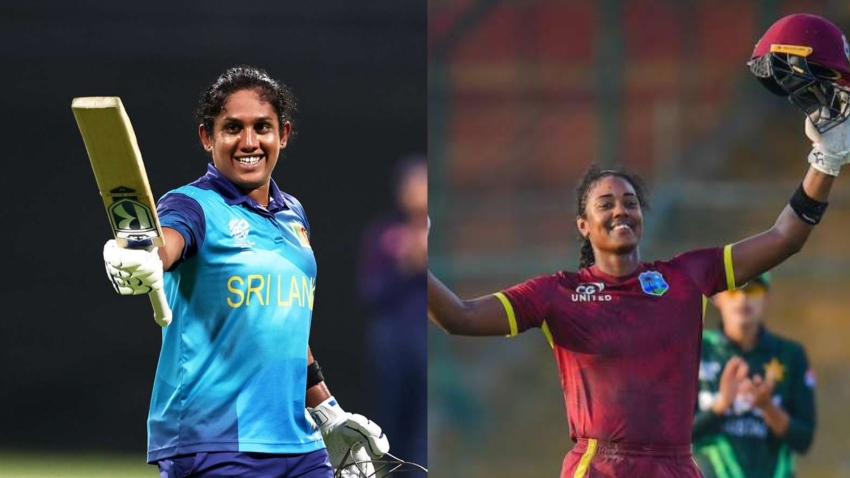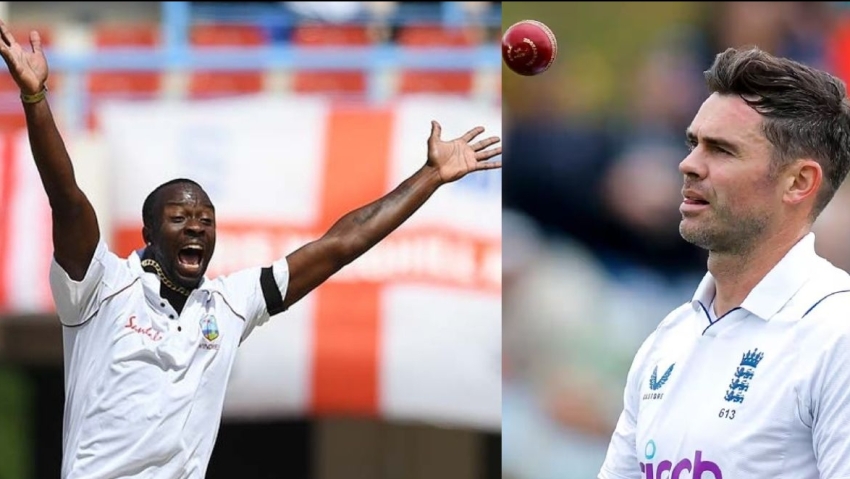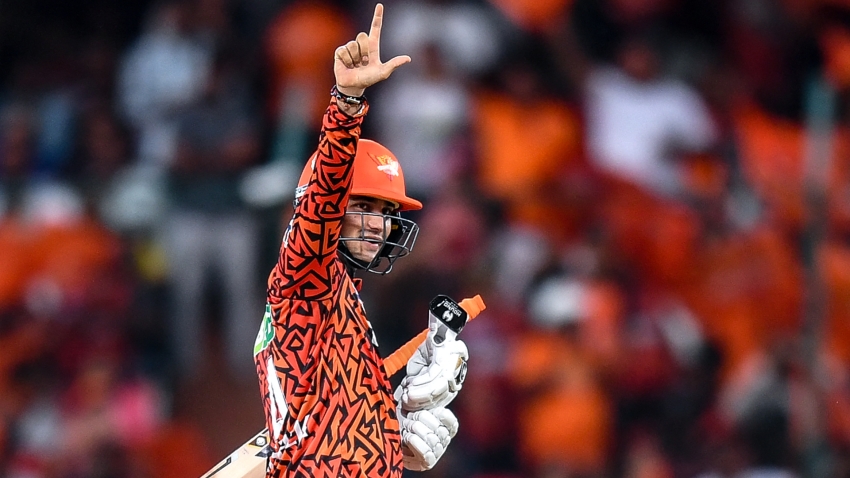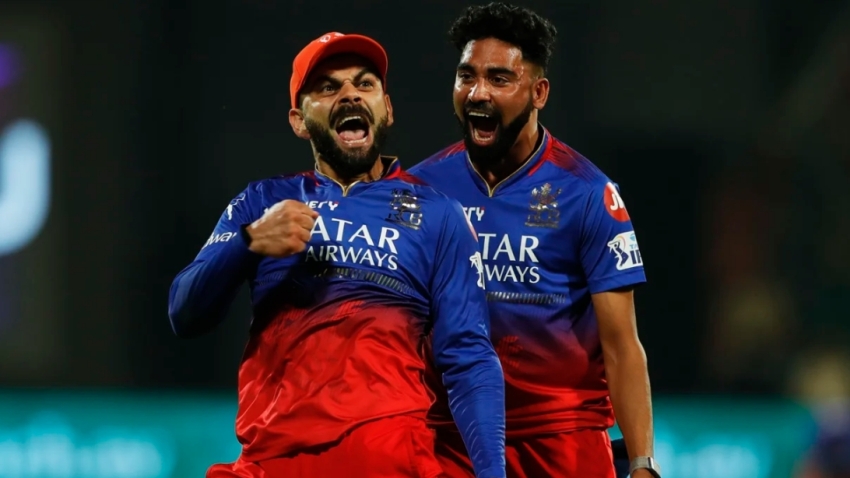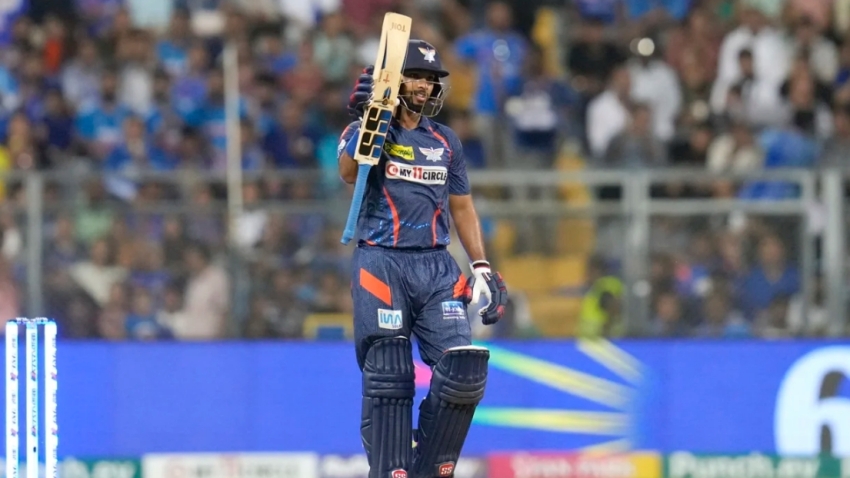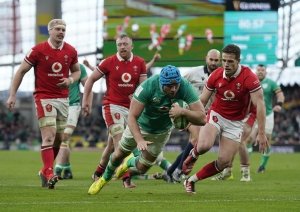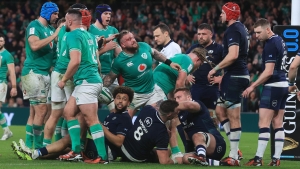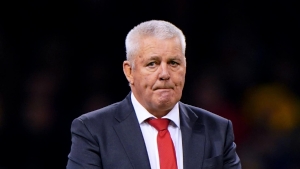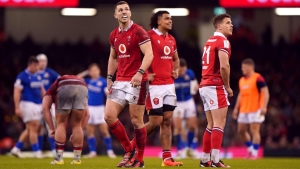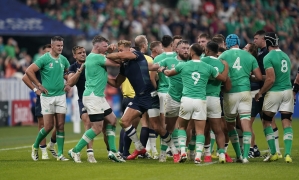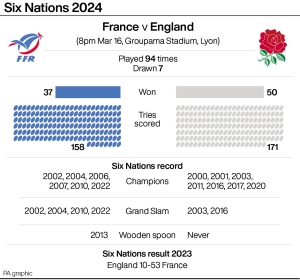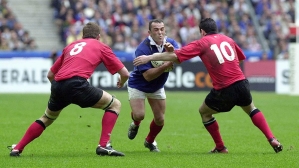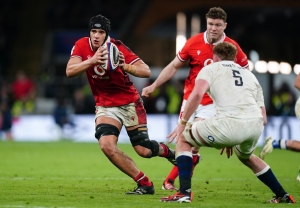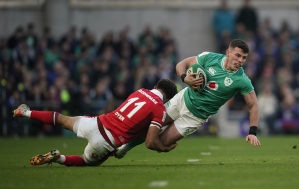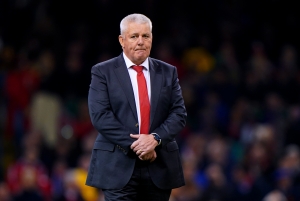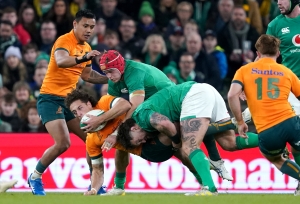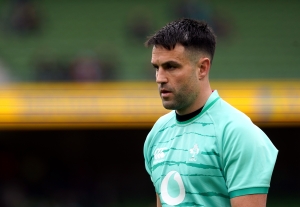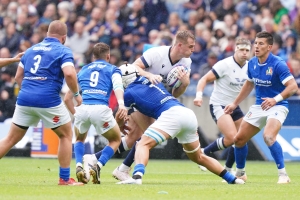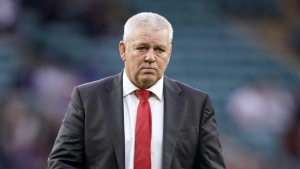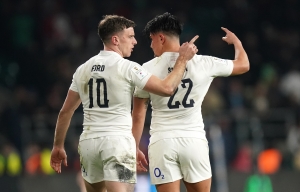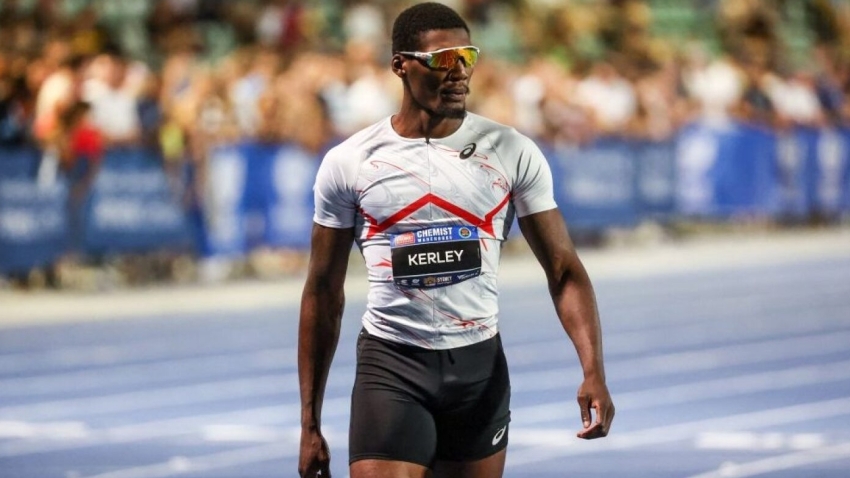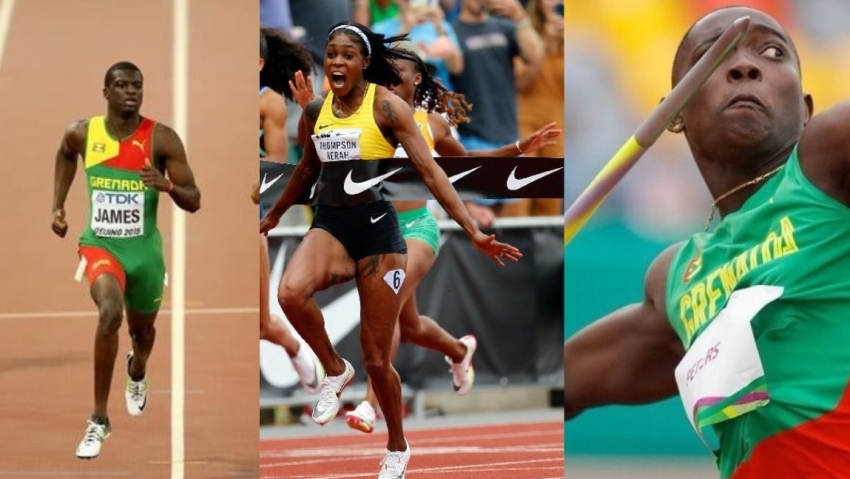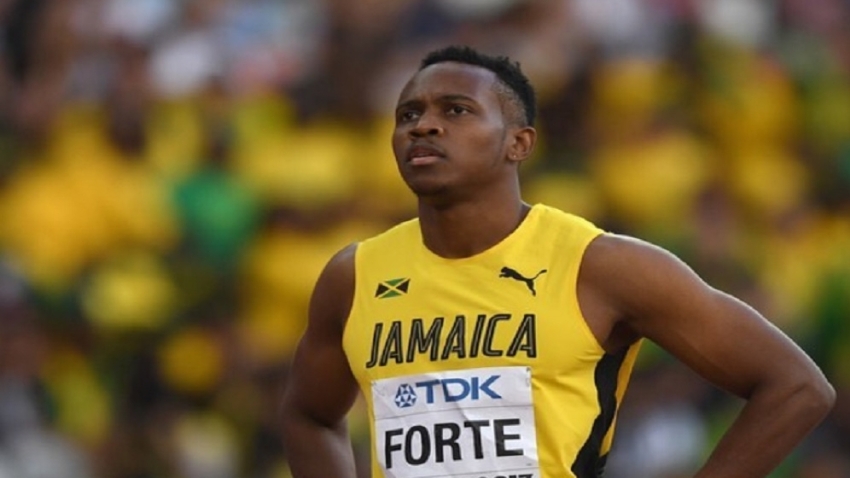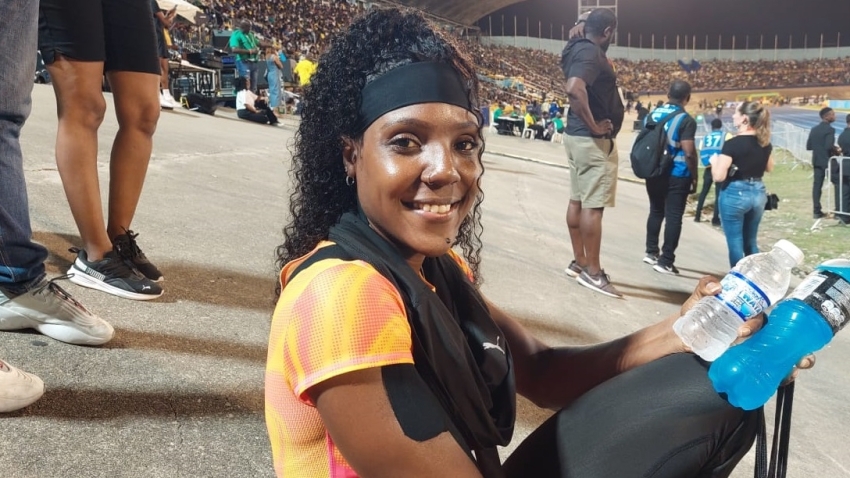Warren Gatland says he relishes the high-pressure stakes of international sport as Wales strive to avoid a first Guinness Six Nations wooden spoon for 21 years.
Gatland oversaw Six Nations titles triumphs, Grand Slams and two World Cup semi-final appearances during his trophy-laden first stint as Wales head coach from 2007 to 2019.
He returned to the role as Wayne Pivac’s successor ahead of last season’s Six Nations, with Wales finishing fifth on that occasion.
But if Wales fail to beat Principality Stadium visitors Italy on Saturday, then they will prop up the final table, which has not happened since Gatland’s fellow New Zealander Steve Hansen was in charge for the 2003 campaign.
Asked about the pressure, Gatland said: “I love it. You find out about people in weeks like this when you are under a bit of pressure, how you respond to that pressure, who is going to put their hand up, who is going to accept the responsibility.
“You find out so much more about individuals when you are under pressure.
“And that is what international sport and professional sport is all about, whether you are playing for Grand Slams or you are at the other end of the table and fighting for survival and fighting to make sure we get a win on the weekend.
“I am still learning about the game, still asking questions about things that you would do differently and how you would prepare differently.
“If you think you know everything, then you are probably in the wrong thing. Things keep moving on, and it is looking at the game and the changes and trying to stay in front of those changes and being proactive about those sort of things.”
Gatland’s squad rebuilding process is under way, one that was underlined by Test retirements last year of Dan Biggar and Leigh Halfpenny – their fellow cap centurion George North will follow after the Six Nations – Louis Rees-Zammit quitting rugby for a possible American football career, Liam Williams playing in Japan, plus injuries to players like Jac Morgan, Dewi Lake and Taulupe Faletau.
“You tend to go back and look a little bit at history,” Gatland added.
“You can go back as far as 2003, which probably wasn’t the best year for Welsh rugby, but two years later that team won the Grand Slam.
“It does take a bit of time. You can’t coach experience. Players learn from being out in the middle. They make mistakes, but it is how you rectify those mistakes for them to be better the next time.
“We know where we are as a group. This group of players have worked incredibly hard and I can’t question the effort.
“Looking at some of the statistical data in terms of GPS numbers, they are very good. There is no way they are not trying out there.
“Both winning and losing become habits, and we’ve got to break that. We are desperate for a win on Saturday.
“We are desperate to go out there and start well and continue to play well for 80 minutes to show as a group we have been improving.”
North will bow out of the international game following a career that saw him help Wales win four Six Nations titles, including two Grand Slams, and play in four World Cups.
The 31-year-old back, who will play for French club Provence next season, has scored 47 tries for Wales – a figure only bettered by Shane Williams – and he is his country’s third most-capped player behind Alun Wyn Jones and Gethin Jenkins.
Gatland added: “He was probably thinking to himself when was the right time (to retire) from a physical point of view.
“We would have loved for him to still be involved, but the conversation with him was that he didn’t want to continue playing for the next couple of years and then potentially leave us in a bit of a hole 12 months out from a World Cup.
“I completely understood his decision with him going to France and taking the family with him.
“It is not completely a surprise to me because we had already had a couple of conversations. We would have loved to have had a player of his ability still to be involved, but at some stage everyone calls time.”


